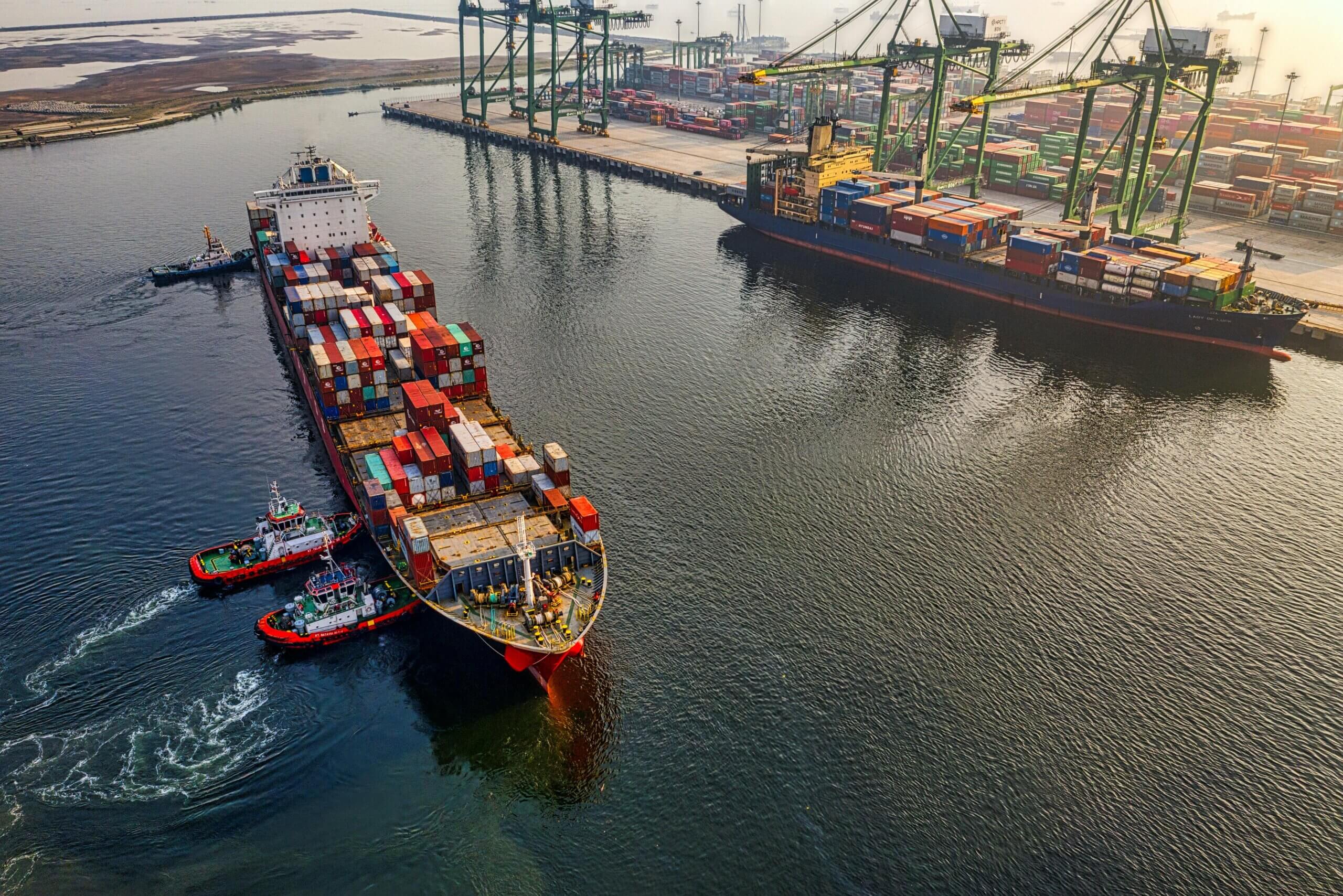From lost packages to high shipping costs, we’ve all experienced supply chain shortfalls. While it may not be obvious to the consumer, players in the supply chain are all still relying on technology built in the 1970s to conduct standard business operations – costing businesses time and money. These global supply chain statistics show the importance of supply chain efficiency.
Global Supply Chain Statistics:
US expenditures on transportation alone ($688 billion) are larger than the GDPs’ of all but 16 countries (World Bank GDP data). Source: CSCMP
How the Supply Chain Influences Consumer Prices:
It is estimated that the total logistics costs associated with delivering a $3.60 box of cereal from the field to the consumer’s table is about $.37 in the US. The net retail profit is about $.05. Source: CSCMP
Why Supply Chain Sophistication and Efficiency is Important:
Statistical evidence continues to mount suggesting companies with well-run supply chains continue to outperform other companies. According to Boston-based AMR Research, the average total return of companies in AMR’s “Supply Chain Top 25” in 2007 was 17.89%, compared with returns of 6.43% for the Dow Jones Industrial Average and 3.53% for companies in Standard & Poor’s 500 Index. Source: CSCMP
A real correlation has been drawn between companies’ financial success and the depth and sophistication of their supply chains. This fact is illustrated by a number of companies. According to Dell, the supply chain is “the biggest leverage point we have.” At Spanish clothing manufacturer/retailer Zara, “the supply chain is the business model.” And international trading company Li & Fung opines that “customer value lies in our ability to architect and operate supply chains.” Source: CSCMP
E-Commerce and the Supply Chain
Online retail will comprise 10% of all retail sales by 2017. Source: Cerasis
Percentage of traffic to e-commerce sites from mobile devices (phones and tablets) jumped from 3% to nearly 37%, while US mobile e-commerce sales grew from $2 billion in 2010 to $43 billion in 2013. Source: Airclic
A PwC survey of 400 retail CEO’s found that a “staggering” 83 percent believe that their supply chains are not ready for the challenges of omni-channel commerce. Source: Airclic



